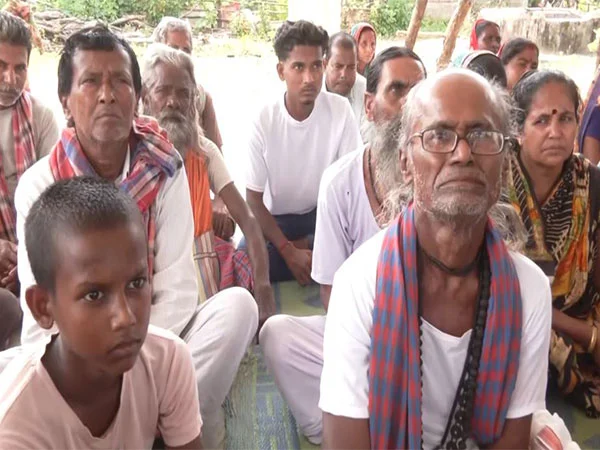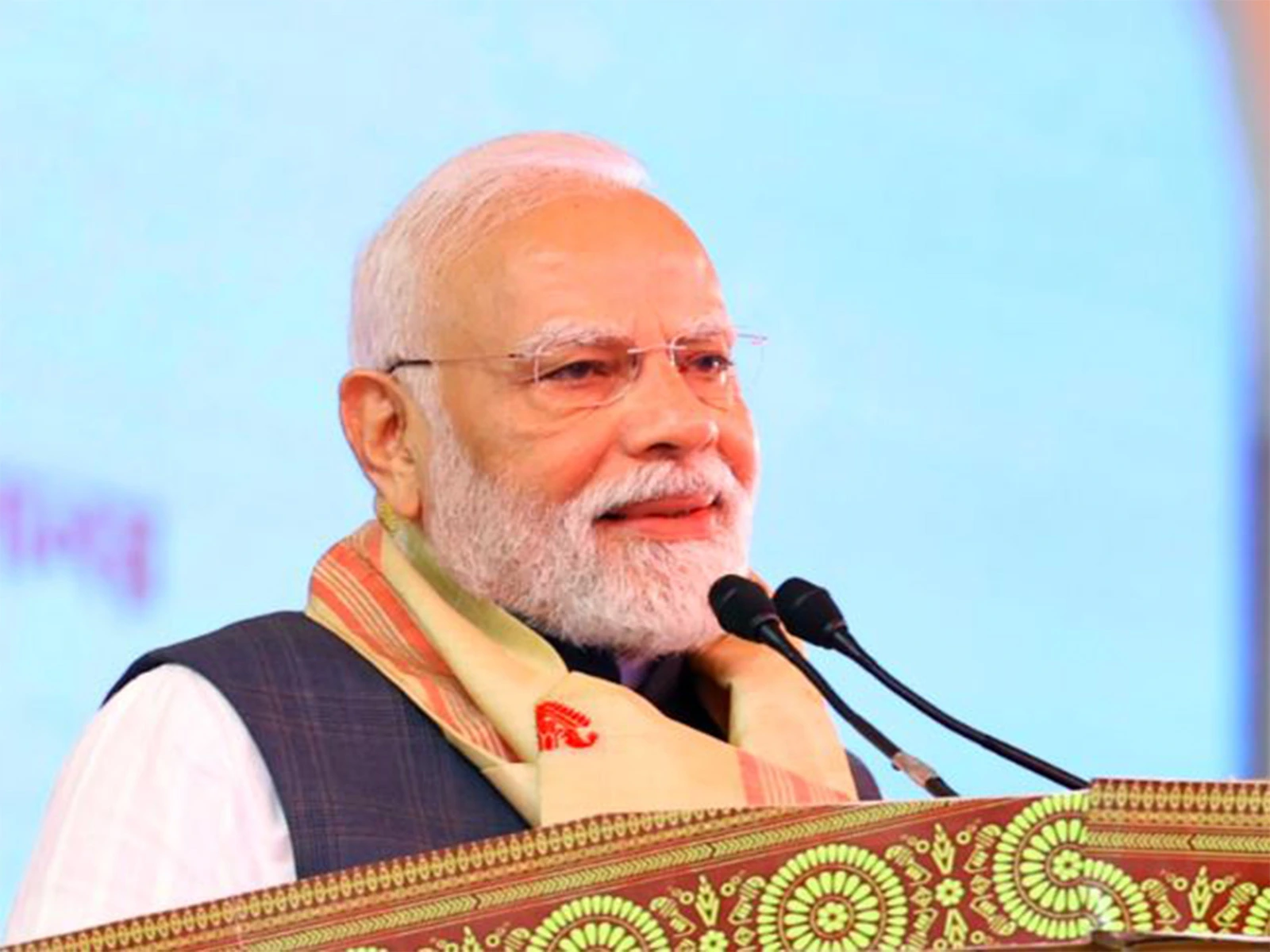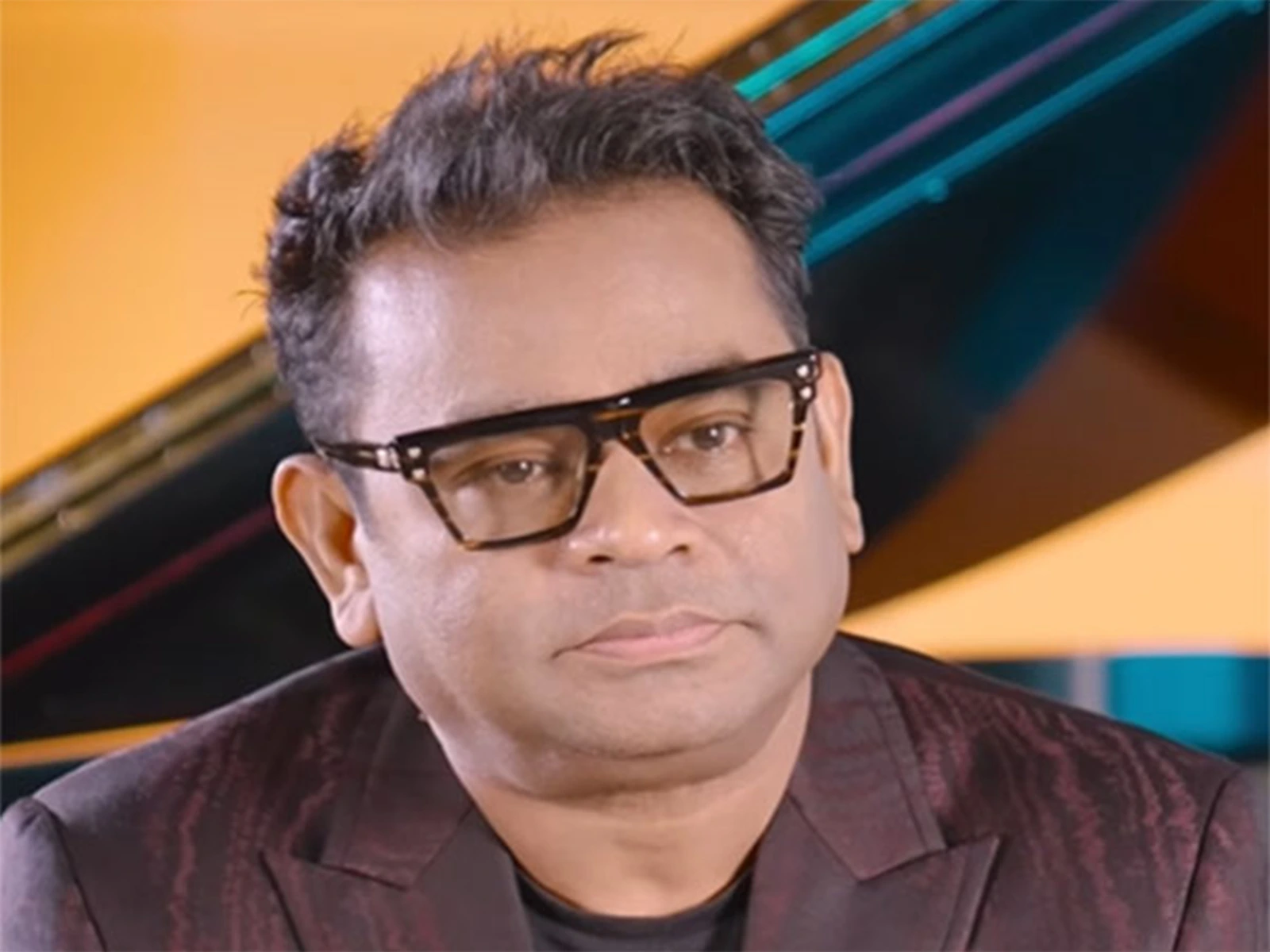17-Sep-2024, 11:38 AM
In Gadchiroli, Maharashtra, a group of Bangladeshi Hindu refugees has been vocal in their demand for Indian citizenship, emphasizing their long-standing struggle for recognition and rights. These refugees, many of whom have been stateless for over five decades, gathered recently to express their frustrations and hopes for a better future.
Background of the Refugees
The refugees in Gadchiroli primarily consist of Bengali Hindus who fled from East Pakistan (now Bangladesh) during periods of political turmoil and violence, particularly between 1964 and 1971. They settled in various camps across the Dandakaranya region, facing numerous challenges as they attempted to establish a new life in India. Despite their long residency and contributions to the local economy, many remain without formal citizenship, leaving them in a precarious legal status.
Current Demands
The refugees are calling for immediate action from the Indian government to grant them citizenship. Many have expressed feelings of insecurity and uncertainty regarding their future. Bipin Bepari, a member of the Nikhil Bharat Bangali Samanbay Samiti (NBBSS), articulated the collective sentiment: “We have lived here for decades, but we are still waiting for recognition.” The refugees argue that they have integrated into Indian society, cultivated land, and raised families despite their statelessness.
The Role of the Citizenship Amendment Act (CAA)
The Citizenship Amendment Act (CAA), enacted in 2019, was initially seen as a beacon of hope for these refugees. The CAA aims to provide a pathway to citizenship for religious minorities from Afghanistan, Bangladesh, and Pakistan who entered India before 2014. However, many refugees face obstacles in applying due to a lack of documentation proving their eligibility. Of the applications filed under the CAA by these refugees, only a small fraction has been successful.
Recent Developments
In light of ongoing political instability in Bangladesh and increasing violence against Hindu minorities, many refugees feel an urgent need for recognition and protection in India. Recent reports indicate that around 10,000 Bengali settlers gathered at Pakhanjore, urging the Indian government to open its borders to Hindus fleeing persecution in Bangladesh.
Conclusion
The plight of Bangladeshi Hindu refugees in Gadchiroli highlights a broader issue of statelessness and the complexities surrounding citizenship laws in India. As they continue to advocate for their rights and seek recognition from the government, these refugees represent a community that has endured significant hardship yet remains hopeful for a future where they can fully participate as citizens of India. Their demands resonate not only within their community but also reflect ongoing discussions about migration, identity, and belonging in contemporary India.




